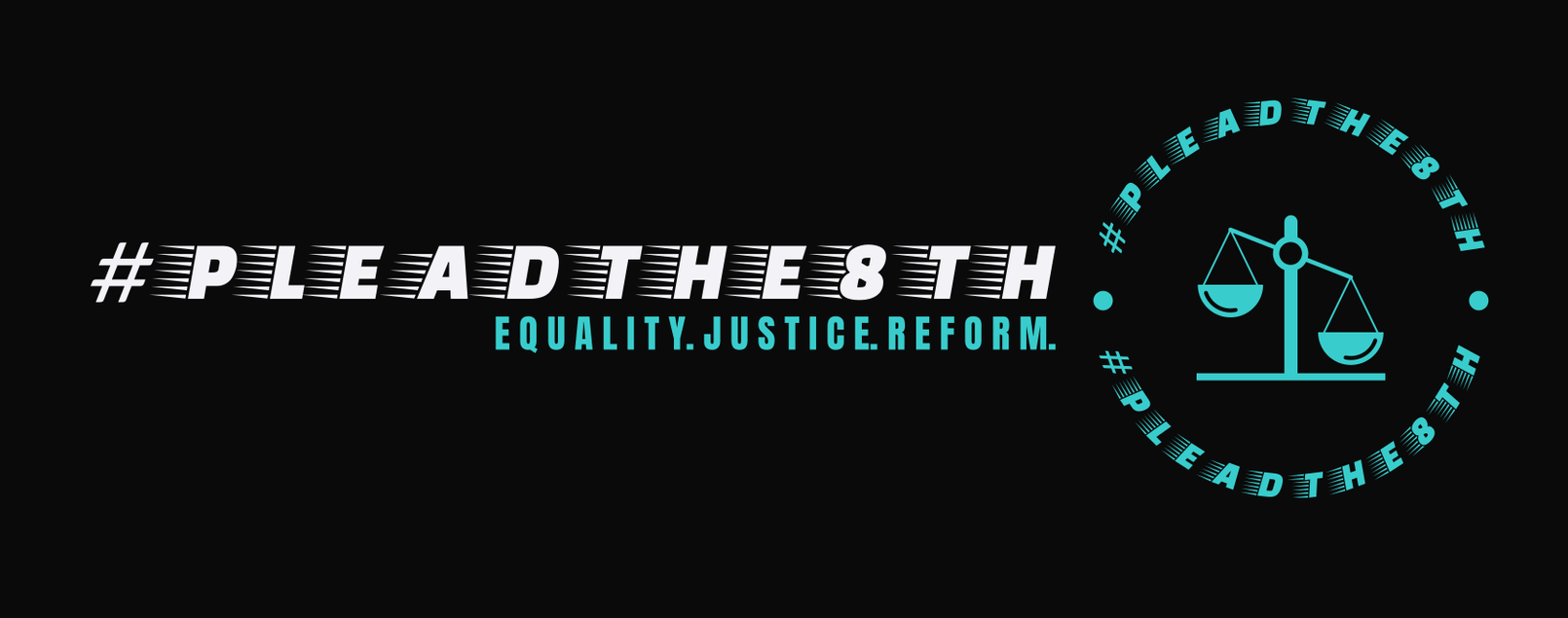How We Accomplish Our Goals
The Legislative Process Explained
Understanding the legislative process is crucial for effective advocacy. This page provides a clear and detailed explanation of how laws are made, from proposal stages to enactment.
1
It Starts with an Idea
It all begins with an idea! Someone, like a legislator, a community member, or even you, might have an idea for a new law or a change to an existing one. This idea is like a seed that's planted.
2
Reach out to those that have the power to change the laws.
If you have an idea for a new law, you can't plant the seed all by yourself. You need someone to help you, like a legislator. You have to talk to them about your idea and ask them to sponsor your bill. Think of them as your helper in turning your idea into a real plan.
Legislative Information.
Find your local Senator or Representative here:
The 2025 Legislative Session will begin in March.
We seek to amend Florida § 921.1402 to ensure all juveniles are entitled to review hearings.
View our Draft Bill for Amendments to Florida Statute 921.1402- Reviews for Juvenile Offenders.
3
Proposal
Once the legislator agrees to help, they write down your idea and turn it into an official proposal. This proposal is called a bill. Think of a bill as a detailed plan for the new law. It explains what the law should do and how it should work.
4
Introduction
The legislator brings the bill to the legislature, which is a group of people who make laws. The bill is introduced, and everyone gets a chance to learn about it.
5
Committee Review
The bill goes to a special group called a committee. Think of the committee as a group of experts who study the bill carefully. They listen to people's thoughts, ask questions, and might make changes to the bill to make it better.
6
Debate and Voting
After the committee is done, the bill goes back to the full legislature for a big discussion. People talk about the bill, ask more questions, and share their opinions. Then, they vote! If most of the legislators vote "yes," the bill moves on. But if they vote "no," the bill might not become a law.
7
Same Process in the Other House
If the bill passes in one part of the legislature (like the House of Representatives), it moves to the other part (the Senate). They go through the same steps all over again – committees, debates, and voting.
8
Compromise
Sometimes, the House and Senate might make small changes to the bill. If they do, they have to agree on the same version. This is like finding common ground between friends.
9
Approval by the Governor
If both parts of the legislature agree on the same bill, it goes to the leader of the state (Governor). The Governor can sign the bill and make it a law, or they might decide not to sign it, which is called a veto. Once the bill is signed, it becomes law!
Legislative Information.
Find your local Senator or Representative here:
Your Support Matters
A gift today helps us fight for kids without a voice.
PleadThe8th
is a qualified 501(c)(3) tax-exempt organization and donations are tax-deductible to the full extent allowed under the law.
Follow us on Social Media!
Tweet & Share to remind those in power that we demand justice and equality.

